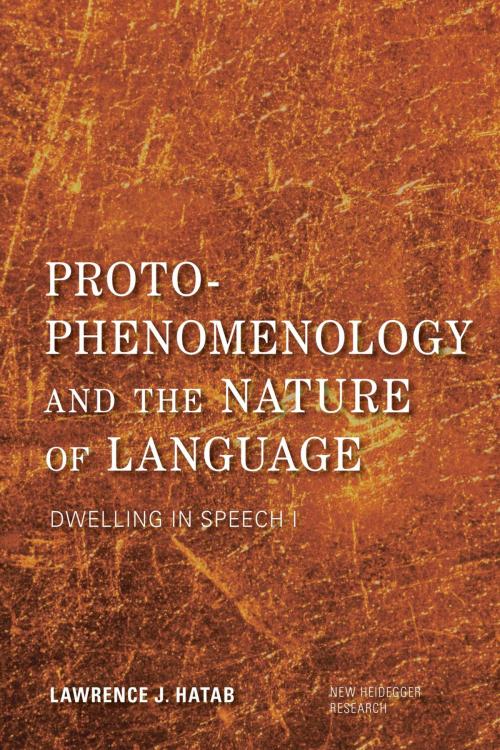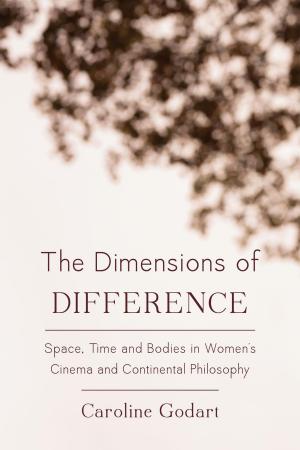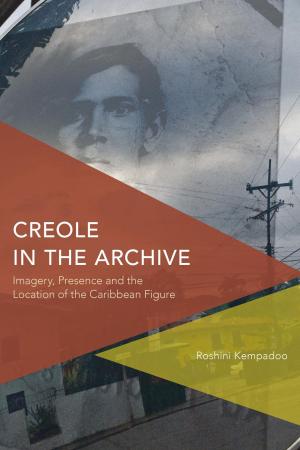Proto-Phenomenology and the Nature of Language
Dwelling in Speech I
Nonfiction, Religion & Spirituality, Philosophy, Phenomenology| Author: | Lawrence J. Hatab | ISBN: | 9781783488209 |
| Publisher: | Rowman & Littlefield International | Publication: | May 5, 2017 |
| Imprint: | Rowman & Littlefield International | Language: | English |
| Author: | Lawrence J. Hatab |
| ISBN: | 9781783488209 |
| Publisher: | Rowman & Littlefield International |
| Publication: | May 5, 2017 |
| Imprint: | Rowman & Littlefield International |
| Language: | English |
How is it that sounds from the mouth or marks on a page—which by themselves are nothing like things or events in the world—can be world-disclosive in an automatic manner? In this fascinating and important book, Lawrence J. Hatab presents a new vocabulary for Heidegger’s early phenomenology of being-in-the-world and applies it to the question of language. He takes language to be a mode of dwelling, in which there is an immediate, direct disclosure of meanings, and sketches an extensive picture of proto-phenomenology, how it revises the posture of philosophy, and how this posture applies to the nature of language. Representational theories are not rejected but subordinated to a presentational account of immediate disclosure in concrete embodied life. The book critically addresses standard theories of language, such that typical questions in the philosophy of language are revised in a manner that avoids binary separations of language and world, speech and cognition, theory and practise, realism and idealism, internalism and externalism.
How is it that sounds from the mouth or marks on a page—which by themselves are nothing like things or events in the world—can be world-disclosive in an automatic manner? In this fascinating and important book, Lawrence J. Hatab presents a new vocabulary for Heidegger’s early phenomenology of being-in-the-world and applies it to the question of language. He takes language to be a mode of dwelling, in which there is an immediate, direct disclosure of meanings, and sketches an extensive picture of proto-phenomenology, how it revises the posture of philosophy, and how this posture applies to the nature of language. Representational theories are not rejected but subordinated to a presentational account of immediate disclosure in concrete embodied life. The book critically addresses standard theories of language, such that typical questions in the philosophy of language are revised in a manner that avoids binary separations of language and world, speech and cognition, theory and practise, realism and idealism, internalism and externalism.















